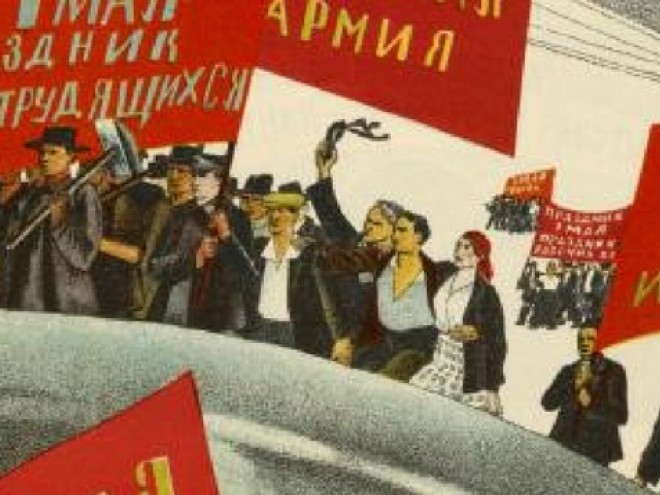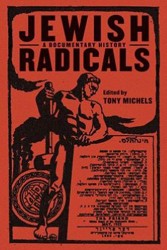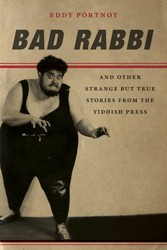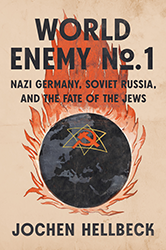By
– August 14, 2012
Gennady Estraikh is a former managing editor of Sovetish Heymland who now teaches at New York University. His concise book outlines the development of intense Yiddish literary life in Communist circles during the 1920s and 1930s. Many Jewish intellectuals saw in the dynamic new Soviet society a home where a secular Yiddish-speaking nation could take root and develop, both through Jewish agricultural colonies and state-supported Yiddish academic and cultural institutions. In the first decades of the Soviet Union, many intellectuals optimistically looked on as the desiccated patterns of traditional Jewish life were replaced by the Socialist reality. The naïve hopes of a remarkable generation were wiped out by the twin catastrophes of Soviet repression and the Nazi Holocaust. This book will be of value to both general and specialist readers interested in Yiddish literature and in Soviet history. Index, bibliography, photographs.
Robert Moses Shapiro teaches modern Jewish history, Holocaust studies, and Yiddish language and literature at Brooklyn College of the City University of New York. His most recent book is The Warsaw Ghetto Oyneg Shabes-Ringelblum Archive: Catalog and Guide (Indiana University Press in association with the U.S. Holocaust Memorial Library and the Jewish Historical Institute in Warsaw, 2009). He is currently engaged in translating Polish and Yiddish diaries from the Łódź ghetto and the Yiddish Sonderkommando documents found buried in the ash pits at Auschwitz-Birkenau.





